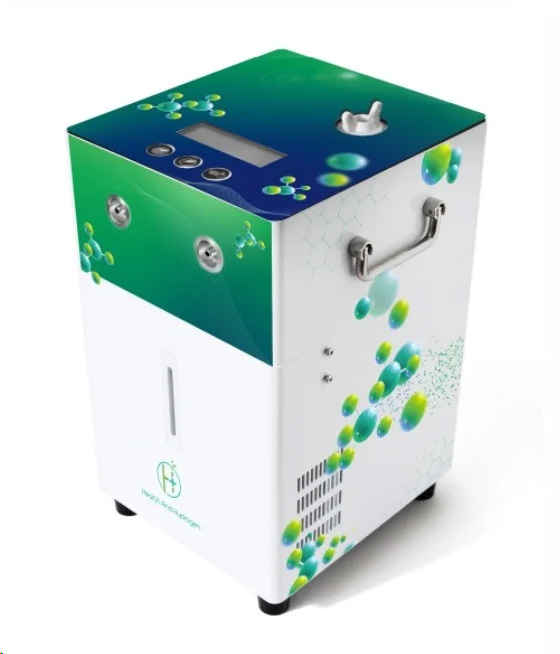Hydrogen Inhalation Therapy
Molecular hydrogen (H2) has been reported to be a promising adjunctive therapy for cancer treatment, having the capability to induce anti-proliferative, anti-oxidative, pro-apoptotic and anti-tumoral effects. Prior to 2011, there were no clinical trials with H2 and cancer. However, seven clinical trials on cancer have been conducted since then, with four of them occurring in the last five years (Akagi and Baba, 2020; Akagi and Baba, 2018; Chen et al., 2020; Chen et al., 2020). From 2017 until the present, the number of papers on hydrogen therapy and its applications in cancer treatment has steadily increased, indicating that the topic is an emerging area of research.
A Systematic Review of Molecular Hydrogen Therapy in Cancer Management
Muhammad Nooraiman Zufayri Mohd Noor,1 Adlin Sofea Alauddin,1 Yin How Wong,2 Chung Yeng Looi,3 Eng Hwa Wong,2 Priya Madhavan,2 and Chai Hong Yeong2,*
The study designs included in this review consists of in vitro, in vivo, and patient-based studies. Almost all the research articles conducted both in vitro and in vivo study together. Only two studies focused solely on in vitro, and another two solely on in vivo. Patient-based studies include clinical trials, case reports and observational studies.
It was observed that three main methods of administration were employed throughout all the included studies, namely hydrogen saline, hydrogen-rich water, and hydrogen gas. The most popular mode of administration, used in 69% of the included studies, is hydrogen gas.
The research articles collectively showed that hydrogen gas can reduce tumour growth, increase apoptosis rate, and improve patients' quality of life (QOL) such as breathing, appetite and physical fitness. There are varying concentrations used among the included studies, however, the most employed concentration of hydrogen gas seems to be 67%, in combination with 33.3% oxygen, commonly performed using a nebulizer/atomizer.
Conclusions of the Authors:
The findings of this systematic review have shown that there is sufficient evidence of H2's therapeutic effects on cancer. When analyzing in terms of study design, in vitro studies have shown that H2 can induce its effect via its specific interaction on a molecular level, whilst in vivo and patient-based studies give us more concrete evidence of hydrogen's effects on cancer. Through combination therapy studies, it is shown how hydrogen can amplify the use and effectiveness of radiation and chemotherapy treatment, in addition to alleviating the adverse effect without interfering with the primary cancer treatment. This eventually raises an overall improvement towards cancer treatment and prognosis




